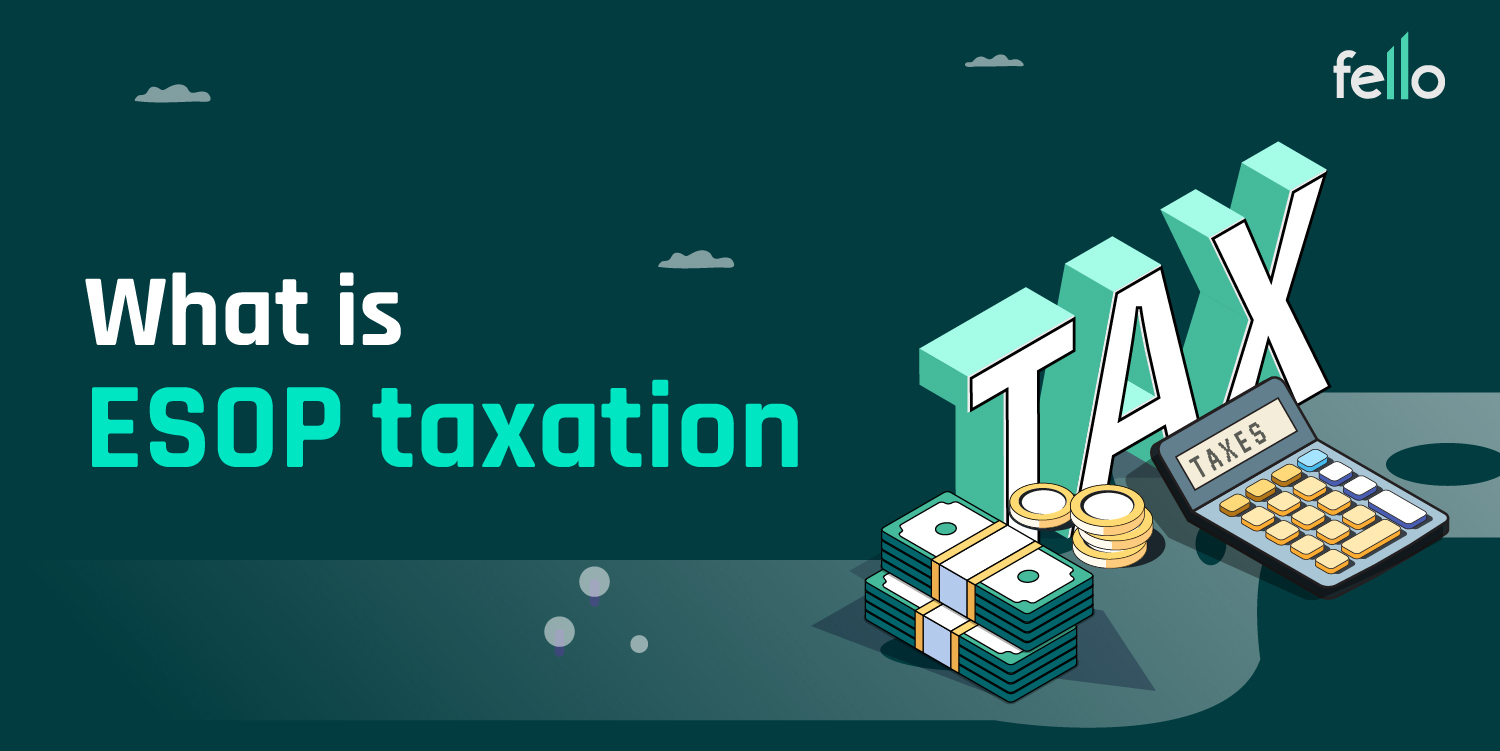Employee Stock Option Plans (ESOPs) are a popular tool that companies use to attract, retain, and reward their employees with a long-term incentive. ESOPs offer employees the opportunity to become shareholders in the company over time, allowing them to benefit from the company’s growth. These plans are not only embraced by large corporations but are also favored by startups as a means to hire experienced talent, especially for senior roles.
How ESOPs Work?
Under an ESOP, eligible employees are granted stock options that they can exercise to acquire company shares at a predetermined exercise price in the future. The process involves several key steps:
- Drafting the ESOP scheme: Employers create the plan outlining details such as administration, eligibility criteria, vesting period, exercise price determination, and situations leading to lapsing of options.
- Approvals and compliances: Companies need to adhere to board and regulatory approvals, especially for listed entities, complying with guidelines from the Securities Exchange Board of India (SEBI).
- Grant of options: Eligible employees receive grant letters specifying grant date, vesting details, exercise price, and other conditions.
- Vesting of options: The vesting period spans from the grant date to the date when an employee becomes eligible to exercise the options. Vesting can vary based on factors like tenure, performance, and other plan-specific conditions.
- Exercise of options: Once the vesting period ends, employees can exercise their options within the specified timeframe. The date of exercising options is known as the “exercise date,” resulting in the conversion of options into actual shares.
Tax Implications On ESOPs
Taxation of Employee Stock Option Plans (ESOPs) involves understanding how taxes apply when employees use their options and sell the allotted shares. The process triggers taxes at two stages: when options are exercised and when shares are sold.
(a) Taxation when options are exercised
The first taxable event happens when employees exercise their options and receive shares. The taxable value is considered part of their income under the “Salary” category. It’s calculated as follows:
Taxable value = Difference between the Fair Market Value (FMV) of the shares on the exercise date, minus the price paid by the employee (exercise price).
For tax purposes, FMV is determined based on whether the shares are listed or unlisted:
- For listed shares: The average of the opening and closing prices on the exercise date, considering the stock exchange where it’s listed.
- For unlisted shares: A merchant banker calculates the FMV on the “specified date,” which can be the exercise date or a date within 180 days prior.
Employers are responsible for withholding (deducting) tax from the employee’s salary when options are exercised. This tax is collected when shares are allotted, usually on the exercise date. However, eligible start-ups have a concession: they can deduct tax within 14 days of specific events, like 60 months from the end of the financial year, sale of shares, or when the employee leaves the start-up.
(b) Taxation when shares are sold
When an employee sells shares acquired through ESOPs, any profit is subject to capital gains tax. The tax is based on the difference between the selling price and the FMV of shares at exercise.
The type of capital gains (long-term or short-term) depends on how long the employee holds the shares:
- For unlisted shares: Holding for over 24 months qualifies as long-term, while holding for less is short-term.
- For listed shares: Holding for over 12 months is long-term, and less is short-term.
Different tax rates apply to short-term and long-term gains from share sales.
Understanding these tax implications helps employees make informed decisions about using ESOPs and selling shares. It’s important to report these activities accurately to avoid penalties and ensure a smooth financial journey.
Bottom Line
ESOPs remain a powerful tool for incentivizing employees with a long-term perspective. While they offer the potential for financial growth, it’s essential for employees to grasp the tax implications at both exercise and sale stages. Accurate reporting of ESOPs and capital gains is critical to avoid potential penalties. As ESOPs continue to shape the landscape of employee incentives, understanding their financial impact ensures employees make informed decisions for their financial future.

